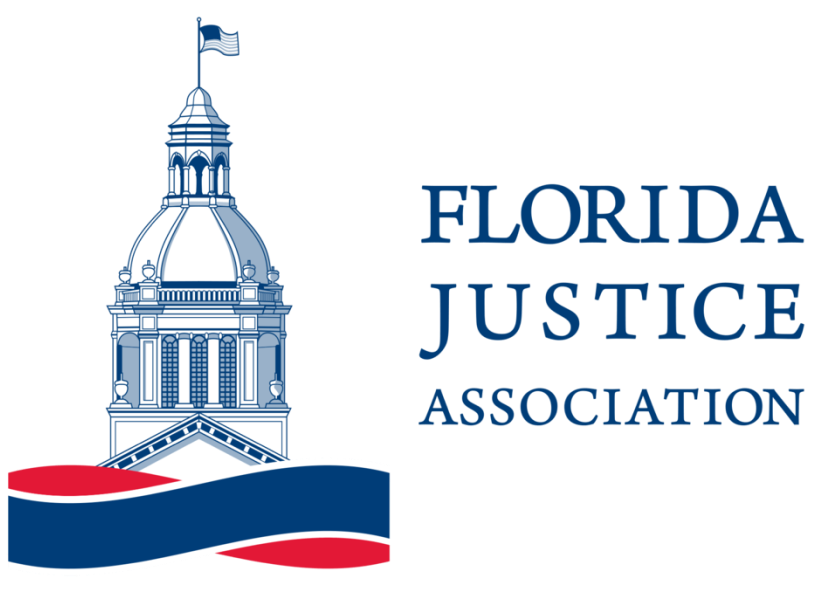Within the past year or so there has been a lot of speculation as to the future of estate tax basic exclusion amount and how we should appropriately plan to minimize estate taxes. Now that January 1, 2013 has passed and Congress averted the “fiscal cliff”, at least somewhat, I hear little mentioned in the media regarding the effect of Congress’ 11th hour tax law on estates. In an effort to clear some of the confusion I want to share what I have learned on the topic.
This issue concerned a great deal of our clients because if Congress took no action the sum of money a person could pass to his or her family without any taxation would have reverted to $1 million per person and would have been taxed at a rate of 55%. Although $1 million dollars is significant and people often do not believe their estate will be affected by this exclusion amount, many of our clients are surprised how quickly they achieve that asset level when you take into account retirement savings, life insurance proceeds, and the value of real property. Given that fact, it is fortunate, from an estate tax savings perspective, that Congress’ new tax law permanently made the estate tax basic exclusion amount $5 million, adjusted for inflation, and well as the unlimited marital deduction; however the top estate tax rate increased from 35% to 40%. This means that each person may pass an unlimited amount of money to a spouse and up to $5 million tax free to other beneficiaries. In addition the new tax law made permanent the ability for spouses to add any of their deceased spouse’s unused exclusion to their own exclusion amount resulting in the opportunity to pass up to roughly $10 million tax free. This ability is called portability. Importantly, in order to take advantage of portability an estate tax return needs to be filed at the death of the first spouse even if no estate tax is owed.
Leave Your Reply
You must be logged in to post a comment.













